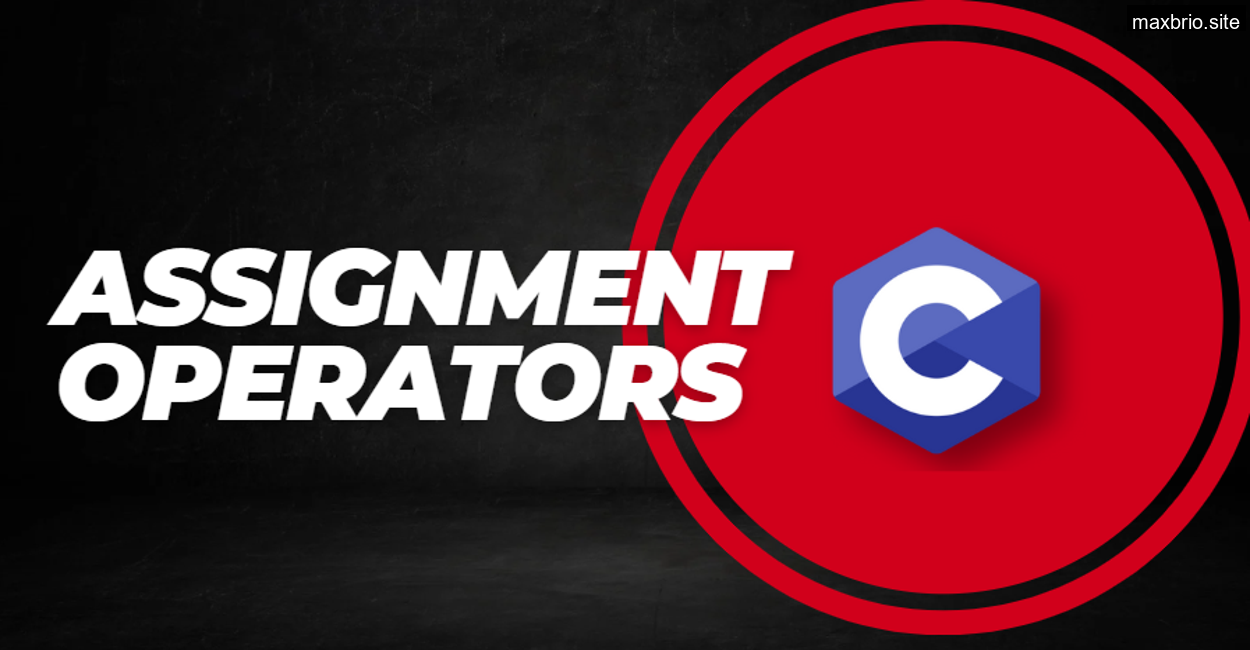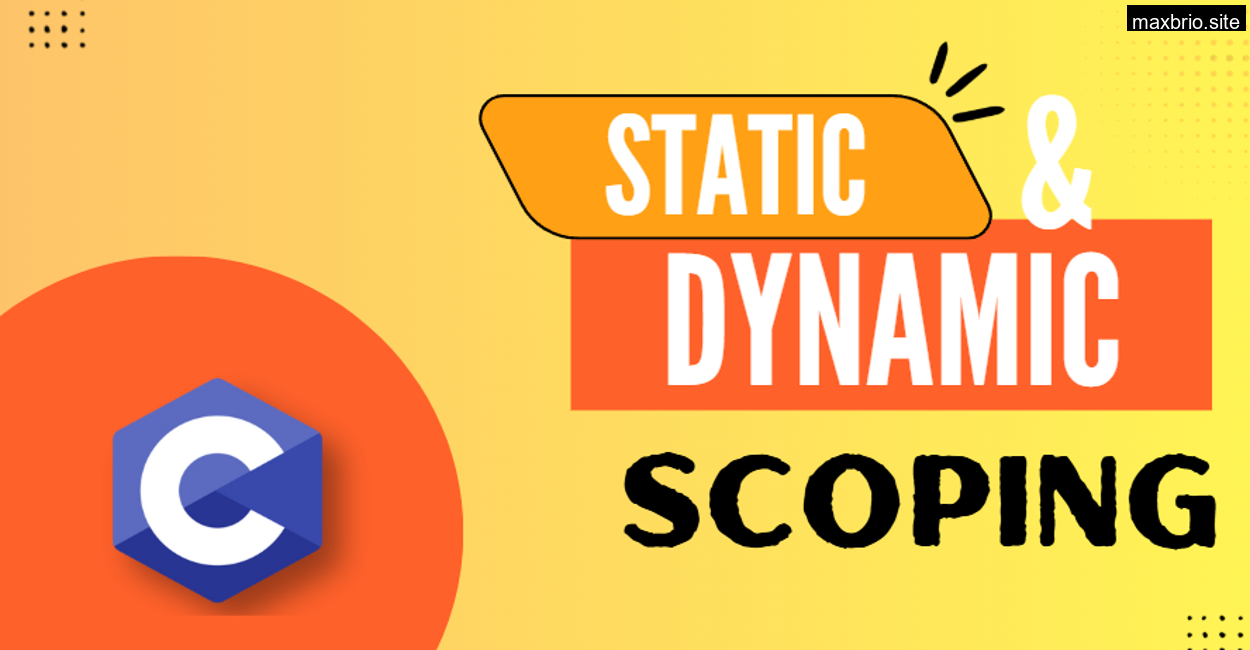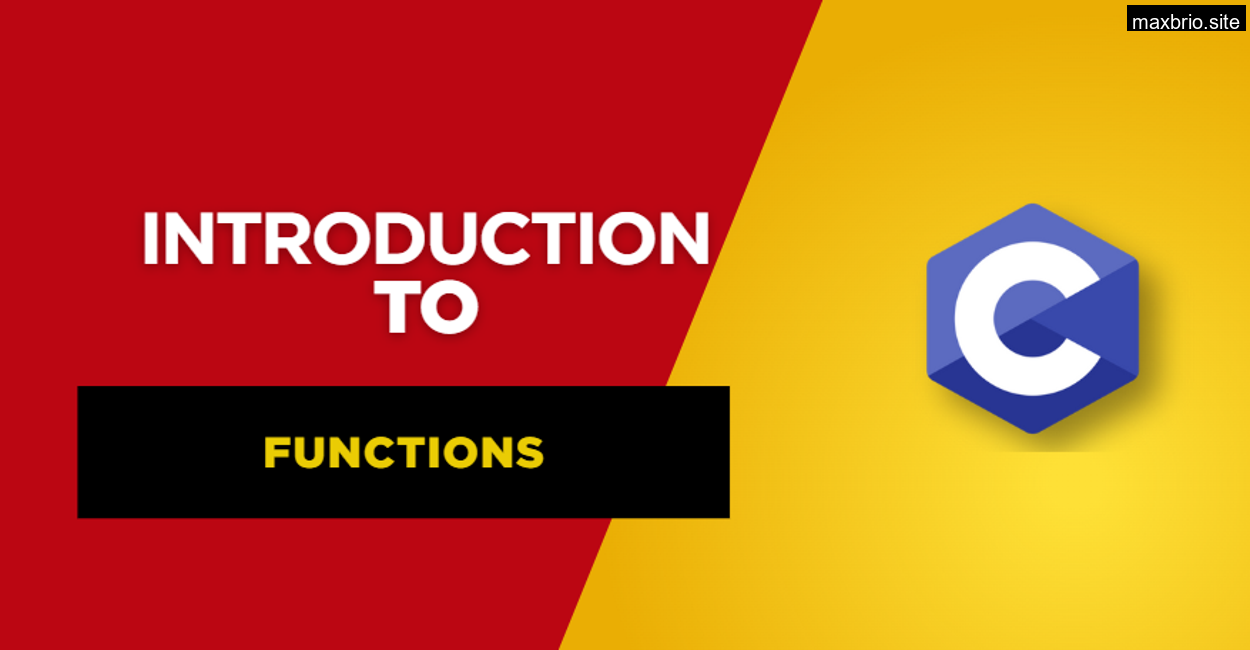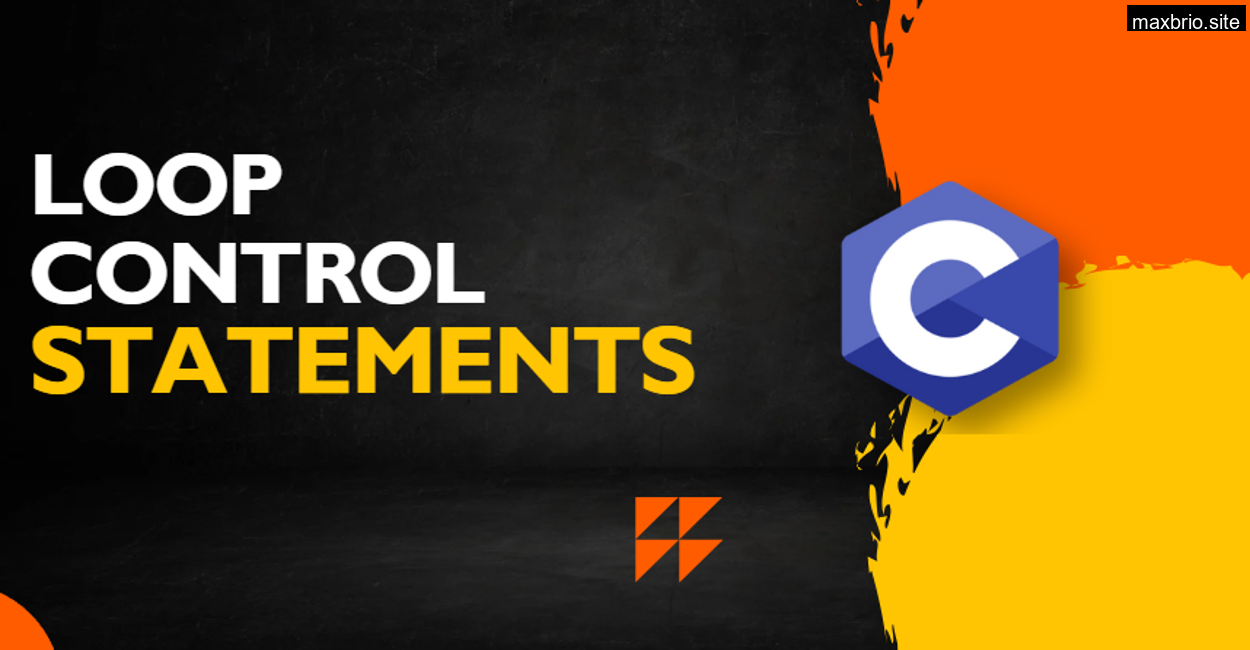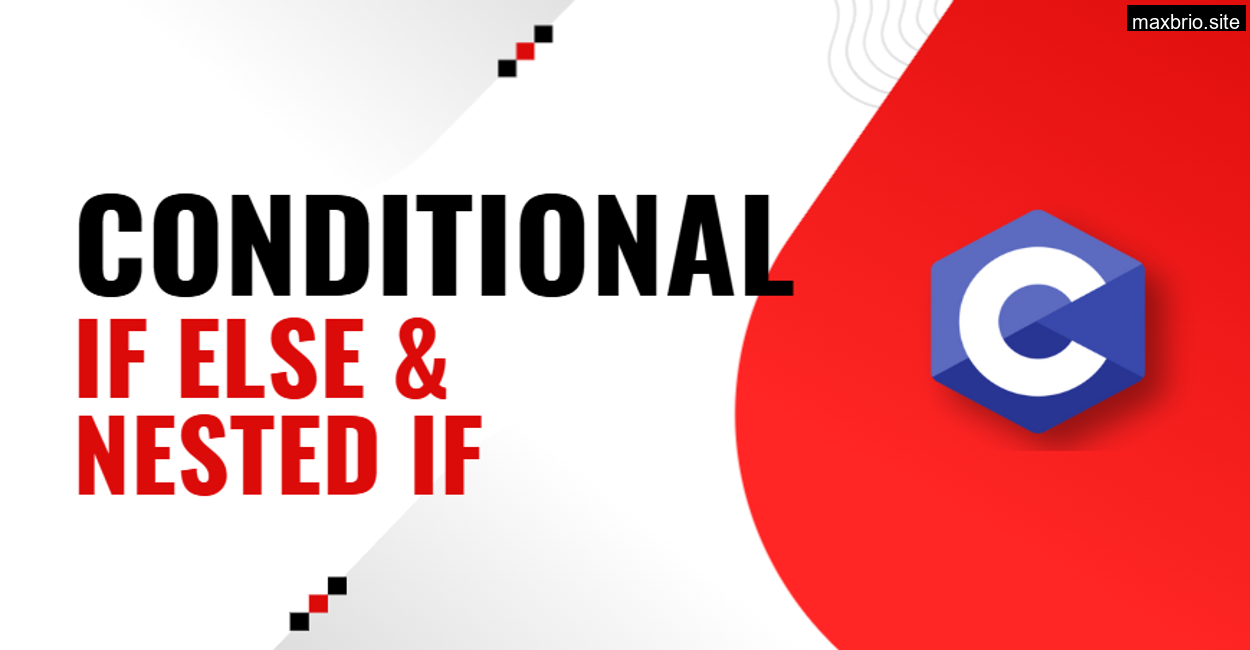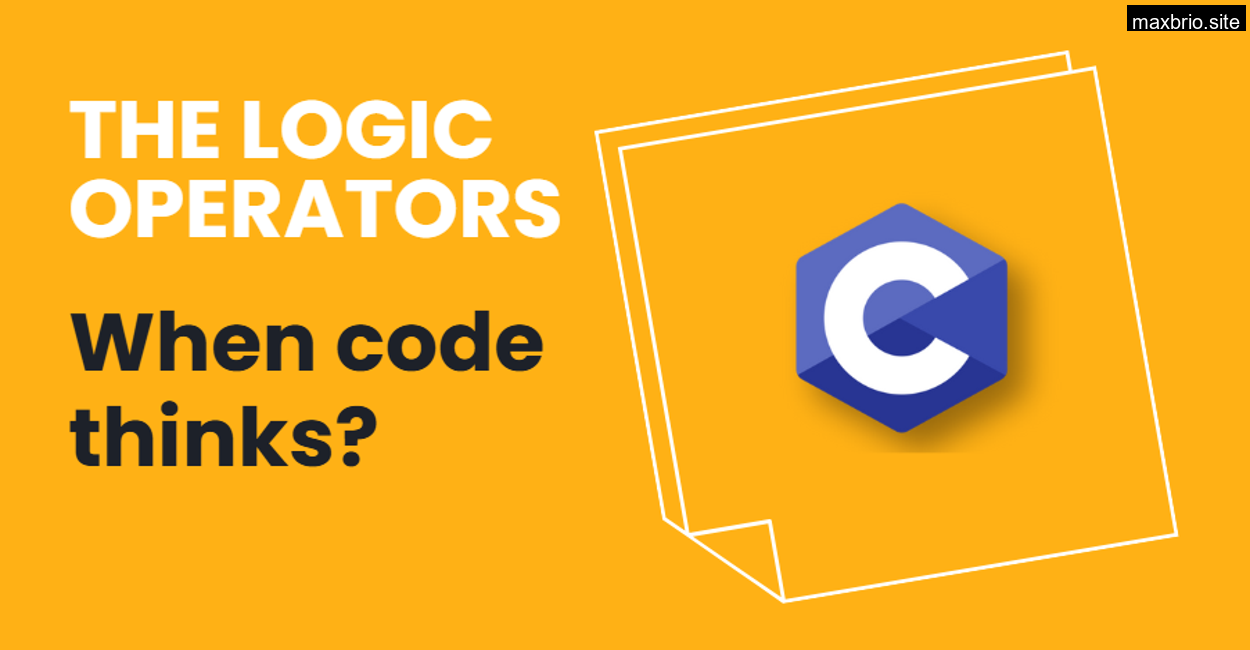Assignment operators look deceptively simple. They’re the kind of things that students think they already understand after all, a = 5 is one of the first lines you ever write in C. But there’s a world of elegance and efficiency hiding in shorthand assignment operators like +=, -=, *=, /=, and others.
When I show students a 20-line loop written with i = i + 1, and then refactor it to i += 1, the reaction is always the same: a collective gasp, a few chuckles, and that wonderful “a-ha!” moment lighting up their faces.
Starting From the Basics: What Is an Assignment Operator?
Let’s rewind a bit.
An assignment operator in C is used to assign the value on the right-hand side (R-value) to a variable on the left-hand side (L-value). It’s a binary operator, meaning it works with two operands.
int a;
a = 5; // Simple assignment: ‘=’ is the assignment operator here
The variable a is the L-value (something that can hold a value), and 5 is the R-value (a value being assigned).
This operation copies the value 5 to the memory location associated with variable a.
Sounds simple? Because it is. But now comes the part where C’s true power reveals itself.
Why Shorthand Assignment Operators Exist
When I first taught loops to students, I used the classic:
i = i + 1;
We’d use that for counters, for accumulating totals, for incrementing indices. But soon we replaced it with:
i += 1;
At first, they looked at it with suspicion. “Does this even work?” one student whispered. I typed both versions into the compiler and printed the result. Identical output.
But I didn’t stop there. I rewrote a function using shorthand assignment operators throughout:
total += value;
count *= 2;
average -= drop;
Within minutes, students realized how cleaner, more readable, and expressive the code became.
This wasn’t just sugarcoating it was saving typing, reducing error-prone redundancy, and, in some cases, offering tiny performance benefits.
Breaking Down the Shorthand Operators
Here’s what each shorthand assignment operator does:
| Operator | Equivalent To | Description |
| += | a = a + b | Adds b to a |
| -= | a = a – b | Subtracts b from a |
| *= | a = a * b | Multiplies a by b |
| /= | a = a / b | Divides a by b |
| %= | a = a % b | Remainder of a divided by b |
| <<= | a = a << b | Bitwise left shift |
| >>= | a = a >> b | Bitwise right shift |
| &= | a = a & b | Bitwise AND |
| ` | =` | `a = a |
| ^= | a = a ^ b | Bitwise XOR |
Each one means: do the operation, then assign the result back to the variable.
The Metaphor That Worked
I once used a metaphor that made the class burst out laughing and thinking.
“Imagine your variable is a bank account, and the shorthand operator is a transaction.”
- a += 100; means you deposit 100.
- a -= 50; means you withdraw 50.
- a *= 2; means the bank doubled your money (lucky you).
- a /= 2; means you had to split your funds.
Shorthand assignment operators are like using quick buttons on your online banking app instead of typing out all the details again.
The Precedence Trap
Here’s where even intermediate learners get tripped up.
Assignment operators have low precedence. That means in an expression like:
int a = 5;
a += 2 * 3;
The multiplication happens first, not the addition. So a += 2 * 3 becomes a = a + 6, and a becomes 11.
I ask my students: Would this behave differently if the order was wrong? Then I throw in a complex expression like:
a += b = c + 2;
And suddenly they’re reaching for parentheses to understand what’s going on.
Common Mistakes I See (And Correct!)
- Using = instead of +=:
total =+ 5; // Wrong!
total += 5; // Right
That first one assigns +5 to total, not add 5.
- Misusing precedence in longer expressions:
a += b > c; // What does this mean?
It means a = a + (b > c), so you’re adding 1 or 0 depending on the result of the condition. I use this to sneakily revise relational operators!
- Thinking it saves performance every time.
It’s more about readability. While sometimes compilers may optimize it slightly better, most of the time a = a + b and a += b compile to the same machine code.
Bitwise Assignment Operators: The Hacker’s Toolkit
This is where the inner nerds in my class perk up.
flags |= 0x01; // Set the first bit
flags &= ~0x02; // Clear the second bit
Shorthand assignment meets bitwise operations suddenly, you feel like you’re writing kernel code. I teach this with a demo of how flags are set and cleared in real hardware simulations. You can see lights toggle on a simulator board based on a bitwise AND and OR operation.
I call this the “Matrix moment” when students finally see how bits run the world.
Real-Life Classroom Project: Refactor the Mess
A few semesters ago, I assigned students a small billing system to code. One group proudly presented their working program with 237 lines.
I silently nodded, then opened the same code refactored with shorthand assignment operators, loop counters, and cleaner logic. My version? Just under 130 lines.
I still remember the stunned silence. Then Pratik mumbled, “We wasted 100 lines?”
“No,” I said, “You learned them. That’s never a waste.”
A Homework Challenge I Often Give
Try this and explain the output:
int a = 5;
a += a *= 2;
printf(“%d”, a);
Is it 10? 15? 20?
Trick is, it depends on how you understand assignment chaining and operator precedence.
I let students argue for 10 minutes before breaking it down line by line. By the end, they’ve learned more than any static lecture could teach.
Final Thoughts: From Style to Substance
Using shorthand assignment operators is not just about saving keystrokes. It’s about:
- Writing cleaner code.
- Expressing intent more clearly.
- Reducing the chance of mistakes.
- Embracing idiomatic C.
When I see a student shift from a = a + b to a += b, I know they’ve crossed a threshold. They’re no longer just writing code they’re thinking in code.
And that, to me, is the most beautiful thing about teaching programming.
Are a += b and a = a + b exactly the same?
Yes, in behavior and often in compiled output. But a += b is cleaner and less error prone.
Do assignment operators work with all data types?
Mostly, yes. But be careful with type promotions. For example, using += with char and int can lead to subtle bugs.
Is there any performance difference between shorthand and regular assignment?
Rarely. Modern compilers optimize both well. It’s more about clarity than speed.
Can you chain assignment operators like a += b += c?
Technically yes, but it’s discouraged. It hurts readability and can lead to confusion due to evaluation order.
What’s the safest way to master assignment operators?
Practice! Refactor old code. Replace long assignments with their shorthand versions and observe behavior carefully.
